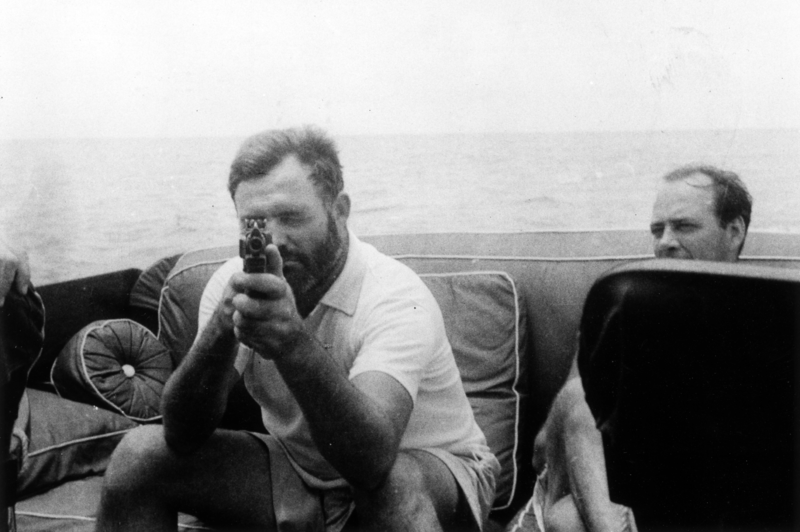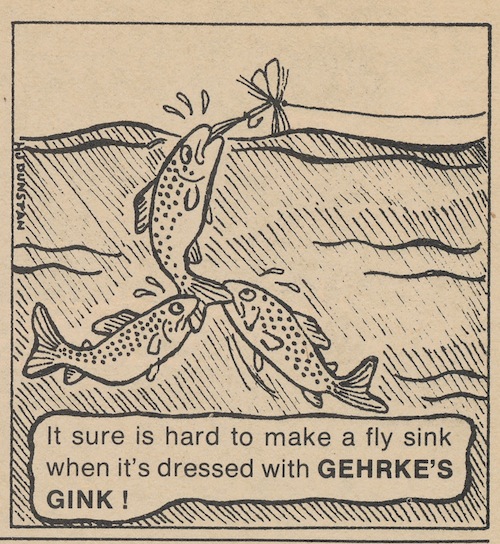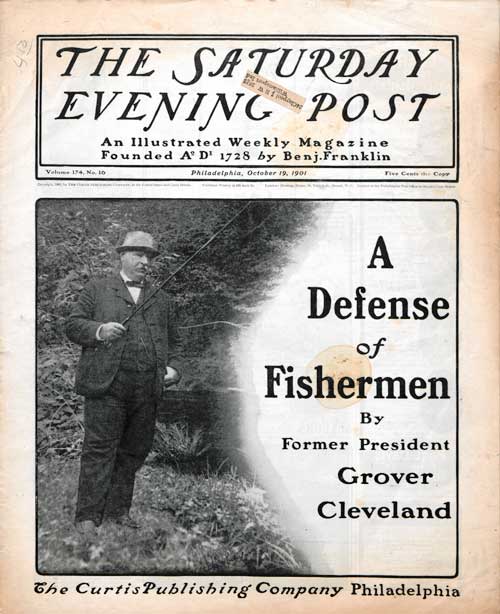Ernest Hemingway's Cuba logs could be source for deep-sea fish data
 Tuesday, October 7, 2014 at 12:01AM
Tuesday, October 7, 2014 at 12:01AM 
"He was a fisherman," grandson Patrick Hemingway said, looking at the men gathered to greet him. "He considered them his brothers."
Along with a team of US researchers, Hemingway and his brother John were on a five-day mission to leverage their famous name to encourage closer ties between the United States and Cuba and, hopefully, open the way for scientists to gain access to the writer's fishing logs, a long-concealed and potentially valuable source of knowledge about the area's massive predatory game fish.
LINK (via: ABC News)
 ernest hemingway,
ernest hemingway,  fishing history,
fishing history,  legends of fishing in
legends of fishing in  History,
History,  News
News 















